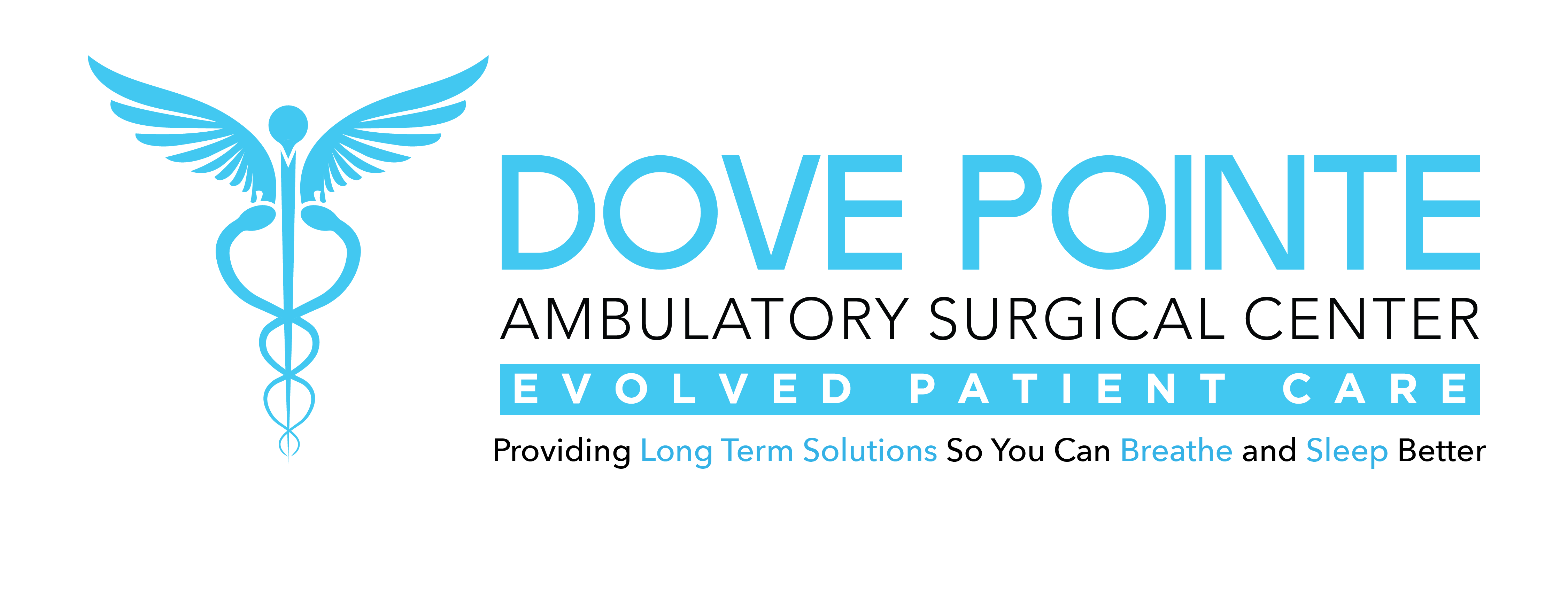
- Home
- About us
- Services
- Ear
- Bone Conduction Implants
- Ear Infections
- Hearing Loss
- Ruptured or Burst Eardrum
- Tinnitus (Ringing in the Ears)
- Vertigo and Dizziness
- Cerumen (Earwax) Removal
- Failed Newborn Hearing Screenings
- Pediatric Ear and Hearing Disorders
- Ear Tumors
- Hearing Aids
- SoundGear Hearing Protection
- Eustachian Tube Dysfunction
- Ear Tubes
- Throat
- Nose
- Ear
- Balloon Sinuplasty
- Inspire
- Resources
- Contact us
close









